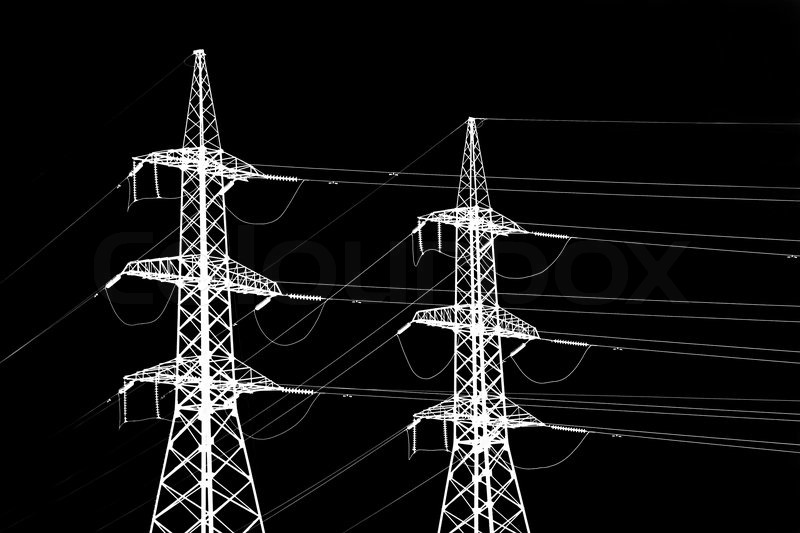- No Incentive to Increase Power Generation, Say Gencos
As households and businesses continue to lament the nation’s electricity woes, power generation companies in the country have said there is no incentive for them to increase output from their plants.
The Gencos said their total generation capacity rose to 7,383.04 megawatts in 2018 from 4,214.32MW in 2013, when the power sector was privatised by the Federal Government.
Total power generation, which plunged to 2,938.5MW last Wednesday, rose to 4,305.5MW as of 6am on Monday, according to data from the Nigeria Electricity System Operator, an arm of the Transmission Company of Nigeria.
The system operator put the installed generation capacity at 12,910.40MW; available capacity at 7,652.60MW; transmission wheeling capacity at 8,100MW; and the peak generation ever attained at 5,375MW.
The Executive Secretary, Association of Power Generation Companies, the umbrella body for the Gencos, Dr Joy Ogaji, in a telephone interview with our correspondent, said the limitations of the transmission and distribution networks as well as a lack of payments to Gencos were a drag on increased generation.
“Consistently, from January to December 2018, we had available generation capacity of 7,000MW and above, but the system was taking a maximum of 4,000MW. So, does that incentivise any investor to increase again? There is no incentive to increase generation or to expand capacity, because as we are increasing, they are not taking it,” she said.
Ogaji said the association did an analysis of how much generation capacity was available, how much was taken and how much was stranded from 2013 to 2018.
She said, “From 2013, the power taken did not change at all. It was just hovering around 3,000MW until it rose to 4,000MW in some days, out of over 7,000MW of available generation capacity. And who pays for the difference? No one. That is why the system can just continue to reject load because nobody is paying for it; if you are paying for it, you will be compelled to take more.
“So, the Nigerian Electricity Regulatory Commission needs to stand up and make the Discos take as much as is available because that is why the Gencos signed their performance agreements.”
In early February, the Group Managing Director, Sahara Power Group, Mr Kola Adesina, said work was on-going to make the installed capacity of Egbin Power Plc, the nation’s biggest power station, available to consumers at the end of the month.
Egbin is one of the operating entities of Sahara Power Group, which is an affiliate of Sahara Group.
“We are striving towards ensuring that at the end of this month, Egbin’s installed 1,320MW will be available to Nigerians. However, two restrictions we usually would have are lack of gas supply and transmission evacuation. So, if those two constraints are there, it is going to be impossible for us to deploy the 1,320MW,” Adesina had said.
Government-owned Nigeria Bulk Electricity Trading Plc buys electricity in bulk from Gencos through Power Purchase Agreements and sells to the distribution companies, which then supply it to the consumers.
The Federal Government, in March 2017, approved N701bn payment assurance guarantee by the Central Bank of Nigeria to help Gencos meet gas payment obligation starting from January 2017 to December 2018.
“The guarantee has ended. Up till now there is no plan for payment to Gencos, apart from the 26 per cent the Discos are paying. Gas suppliers are not ready to accept 26 per cent payment for the gas they sell to Gencos,” Ogaji said.

 Forex3 weeks ago
Forex3 weeks ago


 Naira2 weeks ago
Naira2 weeks ago
 Billionaire Watch2 weeks ago
Billionaire Watch2 weeks ago






 Naira3 weeks ago
Naira3 weeks ago






 Naira2 weeks ago
Naira2 weeks ago


 Naira1 week ago
Naira1 week ago




 Naira4 weeks ago
Naira4 weeks ago






 Naira1 week ago
Naira1 week ago


















